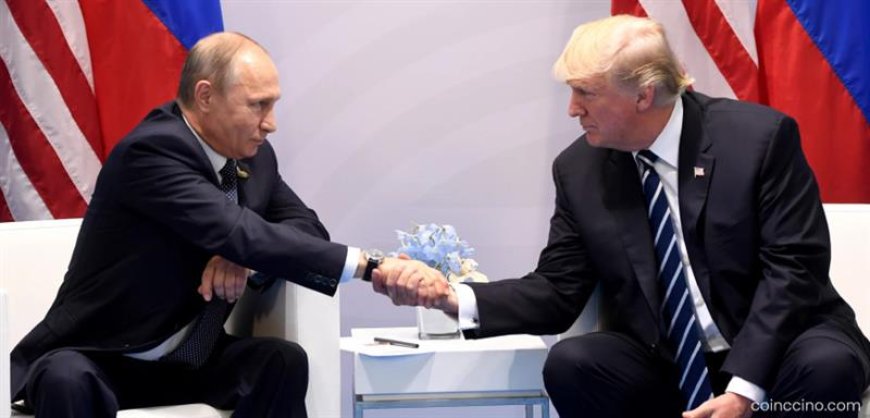Putin Advisor Claims U.S. May Use Stablecoins to Devalue $35 Trillion Debt
At the Eastern Economic Forum in Vladivostok on September 7, Russian presidential advisor Anton Kobyakov accused the United States of planning to move portions of its $35 trillion national debt onto stablecoins—and then devalue this digital liability. He labeled this a “crypto cloud” strategy, suggesting America may reset its obligations at the expense of the global economy.

Market Context
The allegations emerge amid growing international focus on stablecoin regulation, including the U.S. passage of the GENIUS Act. While stablecoins are designed for payments and market efficiency, Kobyakov’s comments underscore geopolitical tensions and highlight how digital assets can become entwined with national economic policy narratives.
Technical Details
- Crypto-Based Debt Strategy: Kobyakov warned of a phased plan—transferring U.S. debt into stablecoins and subsequently devaluing it to reset financial obligations.
- Historical Precedent: He invoked past U.S. monetary resets—abandoning the gold standard in the 1930s and decoupling the dollar from gold in the 1970s—as models for this alleged strategy.
- Global Consequences: Kobyakov argued this maneuver would erode trust in the dollar, compelling other nations into the “crypto cloud” where Washington could unilaterally reshape financial realities.
Analyst Perspectives
Commentators note Kobyakov’s warnings reflect geopolitical skepticism rather than confirmed U.S. policy. While stablecoins remain under tighter regulation—such as the GENIUS Act—his claims should be evaluated cautiously. Many analysts view them as part of broader strategic narratives rather than actionable U.S. financial intent.
Global Impact Note
These remarks may deepen global scrutiny of U.S. digital asset policy and prompt accelerated development of alternative financial systems—such as central bank digital currencies—especially among nations wary of dollar-centric infrastructure.